
Image: Shutterstock
Update 9-2-2022: MSU recently updated their monkeypox guidance.
MICHIGAN—As dorm dwellers across Michigan start their fall semesters, should they worry about monkeypox?
Public university administrators are grappling with the same question. At Michigan State University, where classes begin on Aug. 31, the newly appointed university physician is keeping a close eye on the data.
“The actual risk to each student living in a dorm is extremely low,” said Michael Brown, MD, founding chair of the Department of Emergency Medicine in the MSU College of Human Medicine. Brown was appointed university physician on Aug. 8, following the retirement of David Weismantel, MD.

But Brown also stressed that there’s still a lot that’s unknown about monkeypox right now.
“This is all obviously very new to all of us, and I’ve never seen a case. So a lot of what we are learning is based on case reports around the world.”
MSU is just one of many public universities in Michigan preparing to monitor the virus on campus. At Lake Superior State University, where classes started on Aug. 22, the Sault Ste. Marie school is offering isolation housing for students who test positive for either COVID-19 or monkeypox during the academic year.
“The relatively small size of the campus community allows LSSU to act quickly and decisively to protect the safety and well-being of students and employees and the surrounding community of Sault Ste. Marie,” said Mike Baezley, dean of student affairs.
For students in isolation, Baezley said LSSU professors will provide hybrid and virtual instruction, and food will be delivered.
At Oakland University in Rochester, which starts Sept. 1, on-campus students will be asked to make a plan of action in case they need to isolate during the academic year. Most residential students who test positive for monkeypox will be expected to go to their permanent addresses to isolate, unless “highly specific circumstances” make this impossible, according to the university’s website.
“We have also identified locations within our student housing areas that can provide space for those requiring campus isolation if monkeypox cases occur,” said Michael Wadsworth, dean of students at Oakland. “This is a carryover plan from our COVID experiences the last two years.”
Officials at Grand Valley State University in Allendale, and Central Michigan University in Mount Pleasant–which both start classes on Aug. 29–confirmed to ‘Gander Newsroom that they’ll offer isolation housing for on-campus students.

At MSU, however, administration is still undecided whether they’ll provide isolation rooms for students with monkeypox. In June, they announced that they’re no longer offering isolation housing for students who test positive for COVID-19, and in May, they ended their COVID-19 Early Detection Program–commonly known as “Spartan Spit,” which provided free PCR testing with results in 24-36 hours.
On-campus student health centers will have the ability to test for monkeypox, and Mike Brown said the university is working with the Ingham County Health Department to help students who are eligible for the vaccine get the shot.
“We will assist those individuals who test positive and help guide them to resources that can help them isolate and and protect the community,” he said.
MSU is notably facing a housing crisis–a large freshman class and transfer students means that some dorms meant for two people will have three, and some meant for four people will have five.
“I think [the housing situation] does present a challenge,” Brown said. “So the leadership is definitely discussing that and thinking about ways to address it if and when that situation arises.”
Brown said students should exercise caution in community bathrooms and in crowded places, like bars and parties, where it’s hard to avoid contact with others.
“I think all the students should take that risk into account when they make that decision, especially in these early days, in the first few months, until we learn more,” Brown said. “Avoid really crowded venues where people are rubbing skin-to-skin or not fully clothed.”
What to Know About Monkeypox
Monkeypox is a virus similar to smallpox. Most of its symptoms are flu-like–fever, headache, body aches, chills and fatigue–but two symptoms that differentiate monkeypox are swollen lymph glands and lesions that can occur anywhere on the body, but often occur on the genitals, anus, and mouth.
Unlike COVID-19, which spreads heavily through respiratory droplets, monkeypox is a virus that spreads primarily through skin-to-skin contact. It can also spread through the exchange of bodily fluids, respiratory droplets from close contact, and touching contaminated objects. If someone has lesions that open while they’re in bed, for example, then a friend sits on that bed, the friend would be at risk for contracting the virus. Same goes for shared clothing, common space furniture, and contact sports.
“It really is not something that’s spread by people just simply walking past each other in a hallway,” Brown said. “It’s much more intimate skin-to-skin contact, in the vast majority of cases.
“The actual risk to each student living in a dorm is extremely low.”
Like COVID-19, people can have asymptomatic monkeypox, although it’s unclear yet whether those without symptoms can spread the virus.
At the time of publication, the state of Michigan had 143 cases of monkeypox–although experts say this is most likely a gross undercount due to a lack of testing.
“The first line of defense is just education,” Brown said. He recommended isolating at the first sign of lesions or other monkeypox symptoms. He pointed to the Centers for Disease Control’s website, specifically a page about safer sex and social gatherings, as a good way to stay up-to-date on the virus’s spread and healthcare recommendations.
What about a vaccine?
JYNNEOS is a vaccine that was approved in 2019 for preventing both monkeypox and smallpox in people ages 18 and older. It’s a two-dose vaccine, and full protection kicks in about 14 days after the second dose. Another vaccine, ACAM2000, is an alternative. It’s a single-dose shot that takes four weeks for protection to kick in. But it’s not recommended for people with severely weakened immune systems due to its increased risk of side effects.
Those who are currently eligible for a vaccine are:
- People who have been in close contact with someone who’s tested positive for monkeypox, like parents of young children or people in other caretaking roles, and
- People who have had multiple sexual partners in the last two weeks in an area with a high cause number, due to increased skin-to-skin contact during sex.
Politics
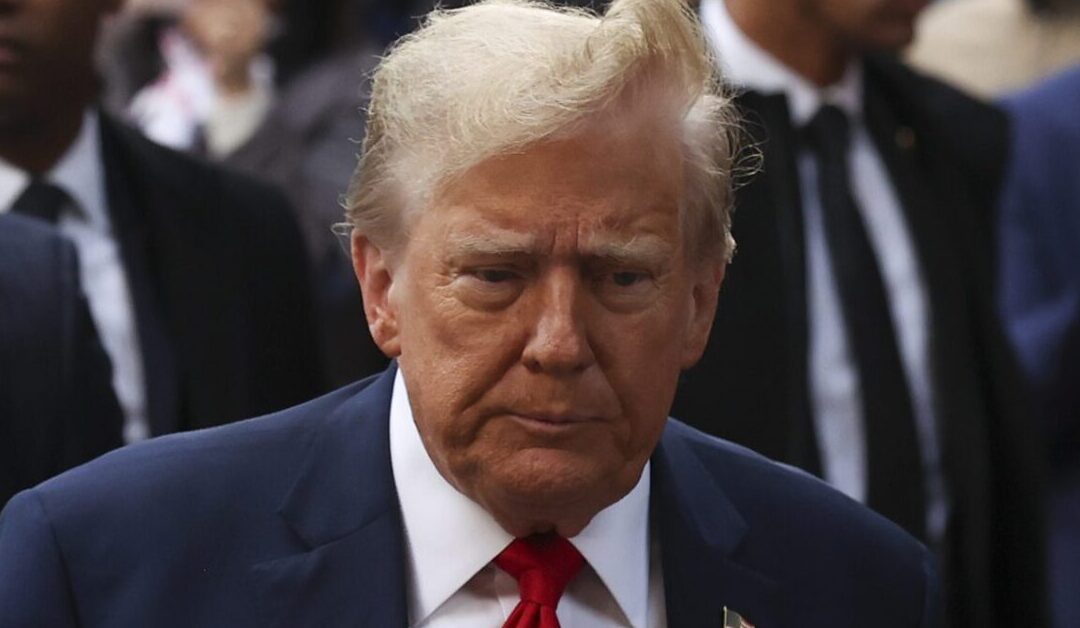
Investigator says Trump, allies were uncharged co-conspirators in plot to overturn Michigan election
DETROIT—A state investigator testified Wednesday that he considers former President Donald Trump and his White House chief of staff to be uncharged...
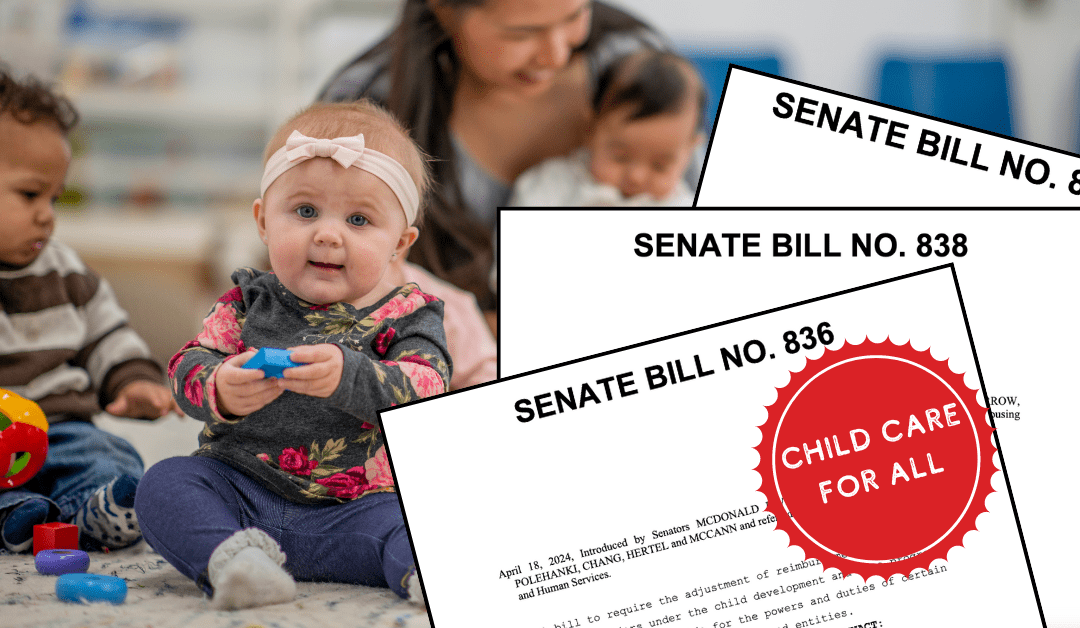
Michigan Dems introduce ‘Child Care for All’ legislation to lower costs for families
Lawmakers say Michigan is facing a ‘child care crisis.’ But a series of bills introduced this month would help to make child care (much) more...
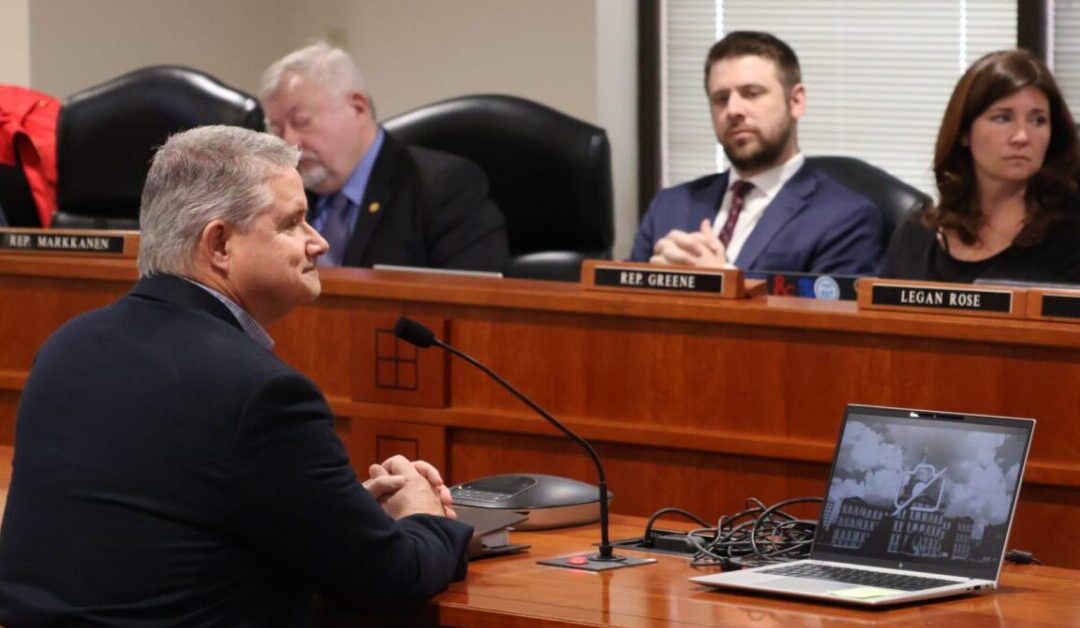
Families of mass shooting victims and survivors call for education on new safe storage laws
BY KYLE DAVIDSON, MICHIGAN ADVANCE MICHIGAN—Parents of victims and survivors of the Oxford High School and Michigan State University shootings on...
Local News
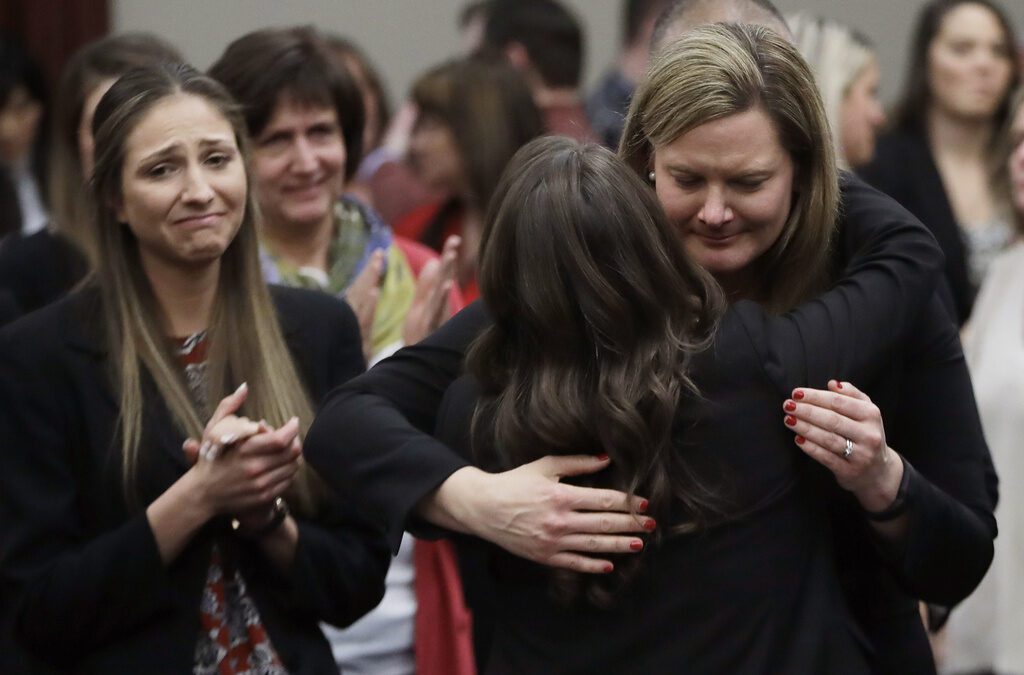
US government agrees to $138.7M settlement over FBI’s botching of Larry Nassar assault allegations
DETROIT—The US Justice Department announced a $138.7 million settlement Tuesday with more than 100 people who accused the FBI of grossly mishandling...
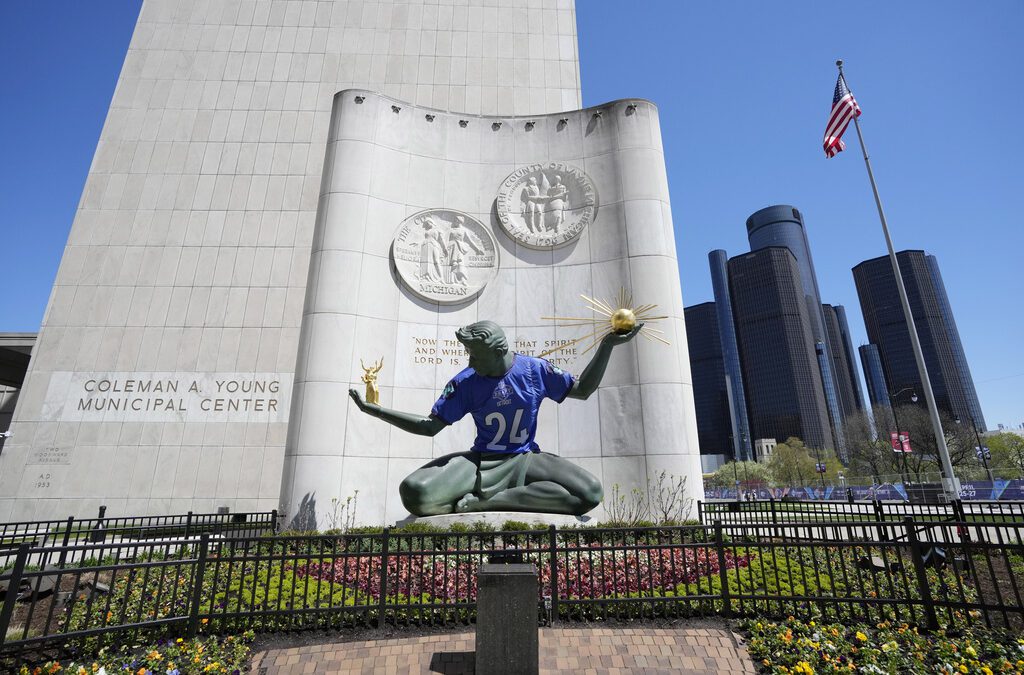
NFL draft has been on tour for a decade and the next stop is Detroit, giving it a shot in spotlight
DETROIT—The NFL draft has taken the show on the road for a decade, giving cities around the country a chance to be in the spotlight. Detroit is on...





